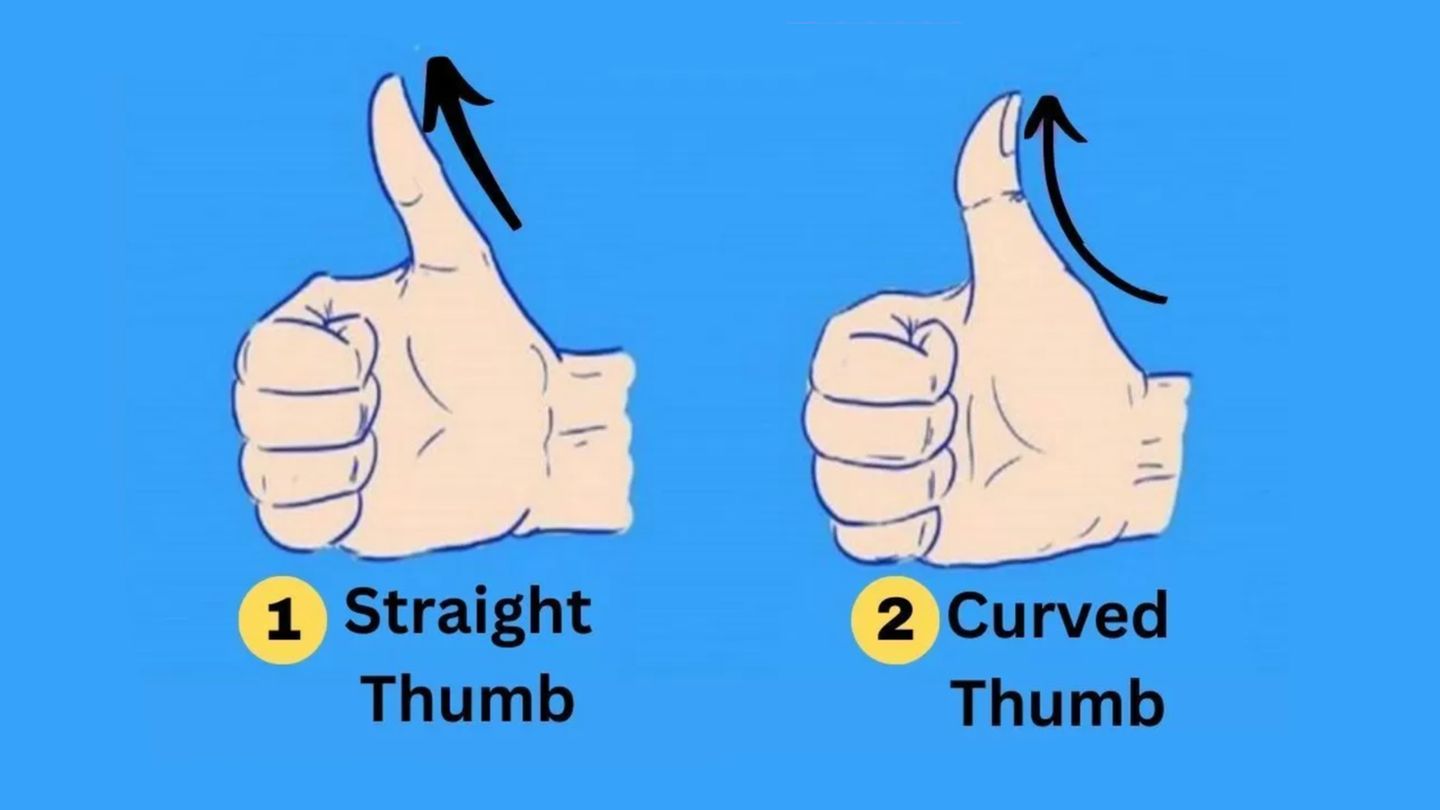Fragments of meteorites originating from outside the solar system have not been found. A Harvard professor now claims he was a success in the research – prompting fierce debate and harsh criticism from his colleagues.
download…
An expedition in search of an interstellar meteorite
It will be a real sensation: Avi Loeb, former chair of the astronomy department at Harvard University, claims that he returned from his last expedition with a unique discovery. The mission, funded by crypto-entrepreneur Charles Hoskinson, pulled a magnetic sled across the ocean floor in the Pacific Ocean near Papua New Guinea. Now Loeb is sure he has found fragments of the first interstellar meteorite.
“We Did It,” Loeb wrote in the July 3 “Summary of the Successful Interstellar Expedition.” Accordingly, dozens of small metal balls less than a millimeter in diameter were recovered from the seabed. The site coincides with the path of the IM1 meteorite, which shot up as a fireball over this area in 2014.
how Space.com Reports, Loeb cites a memo from the US Space Command that released data about the meteorite’s trajectory in 2022. The scientist interprets this as “accurate enough” to attribute an interstellar origin to the object. It is precisely for this conclusion that Loeb resists vigorous criticism from his field. According to Phil Metzger, a planetary scientist at the University of Central Florida, the US Space Command has no technical means whatsoever capable of “correlating this meteorite with a few small metallic balls.” Matthew Genge, a meteorite specialist at Imperial College London, agrees. No fragments were found based on the “fireball event” observation.
“No meteor has been found from an object entering the atmosphere at a speed greater than 17 miles per second,” said Peter Brown, an astronomer at the University of Western Ontario. In his assumptions, Loeb assumes that IM1 hit the atmosphere at a speed of “52 and 58 kilometers per second”. In recently published research, Brown clearly disputes this thesis. Data from the US Space Command is far from accurate enough for such conclusions, especially at high speeds.
- Loeb claims to have found fragments of an interstellar meteorite.
- Loeb cites the USSC warrant for the track.
- Controversy and criticism of Loeb’s thesis flared up.
- Criticisms from colleagues: No connection can be established.
- No interstellar meteorite fragments have been found.
- USSC data is insufficient for such conclusions.
See also:

“Total coffee aficionado. Travel buff. Music ninja. Bacon nerd. Beeraholic.”







More Stories
Psychology test: The way you extend your thumb can reveal a lot about your personality
Ten years after commissioning: the first manned flight of the Starliner vehicle to the International Space Station
These starry sky apps make it possible